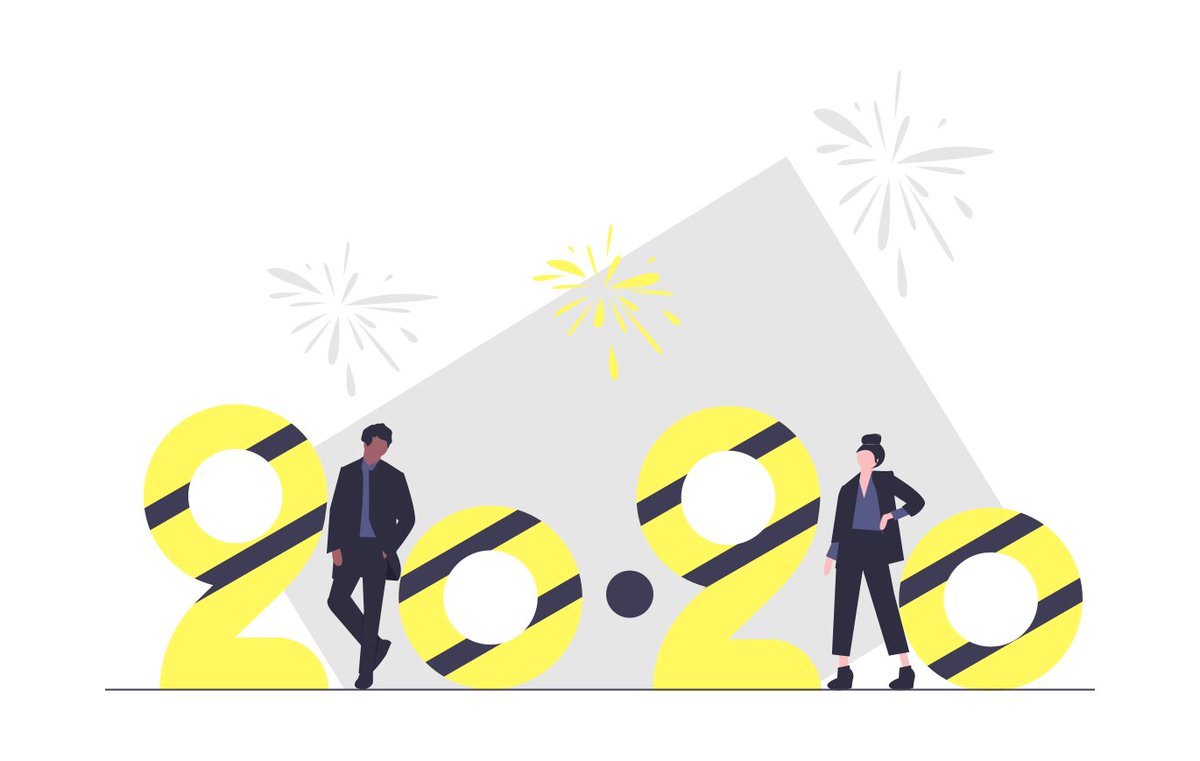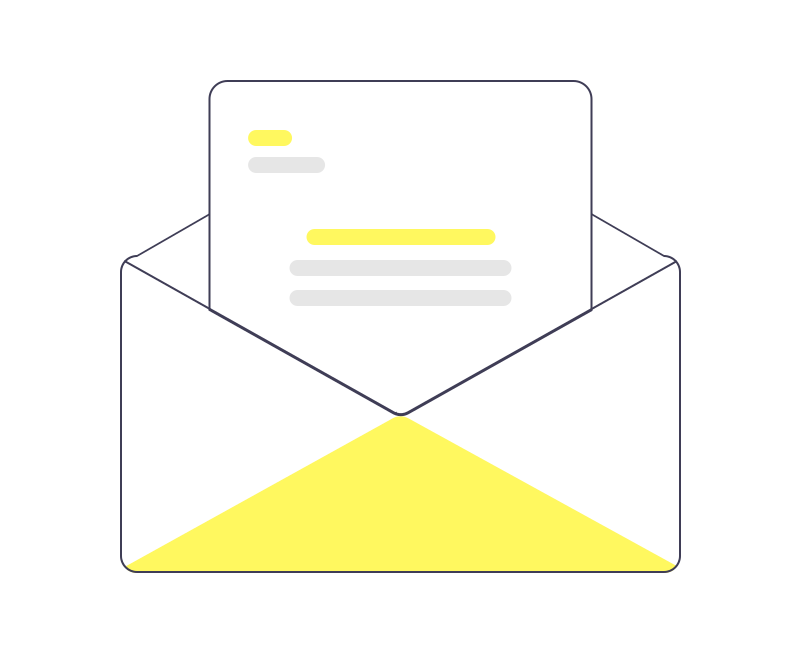“In my whole life, I have known no wise people (over a broad subject matter area) who didn’t read all the time – none, zero.”
— Charlie Munger
...but maybe you don't and would like to.
That's why I put together this thread.
What will I cover?
1) The biggest myths about reading
2) Why should you read
3) How to find time for reading
4) How to gain the most from your reading
1) The biggest myths about reading
Let's start with briefly debunking some of the biggest myths out there.
"I don't have time for reading."
- We all have the same 24 hours. The reading may not be the priority for you, but that's a choice. The choice you made.
"Reading is boring."
- It doesn't have to be. As
@naval puts it: "Read what you love until you love to read".
"Reading is procrastination."
- If you apply what you read, this is non-sense. And if you don't... I still think it's time well spent.
"To read many books, you have to spend ENORMOUS time reading".
- Read every day 10 minutes right after waking up and see, how much nonsense this is.
You can definitely read a lot, even if you invest little time in it.
But why even get bothered by it?
1. Why should you read?
The books are just the condensed answers to questions that way smarter people than you decided to answer.
And if the books passed the test of time, you can tell, they succeed in answering them.
Use this accumulated wisdom.
2. How to find time for reading?
Don't make it harder than it's.
Even the 10 minutes of reading a day, gives you 60 hours of reading yearly.
That's ~ 10 books.
It doesn't matter how "small" you read if you do it consistently.
That's the mindset to have.
2b. Practical tips
- Make reading a habit (I personally set a timer for 25 minutes after lunch just to read.)
- Get inspired by
@ShaneAParrish and aim at 25 pages every day.
- Get an ebook reader and use it when commuting etc...
MAKE READING A SYSTEM
3. How to gain more from your reading?
A good answer to this question definitely beats the volume (how much you read.)
I will share the best tips I found.
#1 Pick the "right" books.
I can't stress this one enough. Definitely the most impactful "hack" out there.
Check reviews. Get recommendations. And most importantly use your own BS filter.
Also, pay attention to the test of the time (if interested google Lindy effect).
#2
@ShaneAParrish blank sheet method
Take a blank paper before you start reading the book and write down what you already know about the topic.
Then start reading the book, and after each reading session (or once you finish it whole) update your sheet with the new knowledge.
#3 Notes
The purpose of the book is to give you the knowledge, not to look "as it was just bought."
Feel free to write notes there, underline, fold pages, whatever...
Treat it as you talk with the author himself.
#4 Pre-bite it for rapid re-reading
I like to own physical copies of the books. It allows me to fold the pages to highlight what's the most important to me.
When I want to re-read the book, I (can) read just the folded pages, so I'm able to finish it much, much faster.
#5 Make sure you apply what you read
Try to come up with 3 things you can apply from any book you read.
Write those three bullets down.
Then apply it.
Simple as it sounds, it will multiple the ROI of reading to you.
To sum it up:
- Debunk the reading myths
- Make reading a priority
- Read what you enjoy
- Make reading a habit
- Pick up the good books
- Fold the pages
- Make sure you apply what you read
Thanks for reading!
If you liked the thread consider RT the 1st tweet.
https://t.co/tKNgMadNLQ 👇 Let me know in the comments, what about you and reading?












